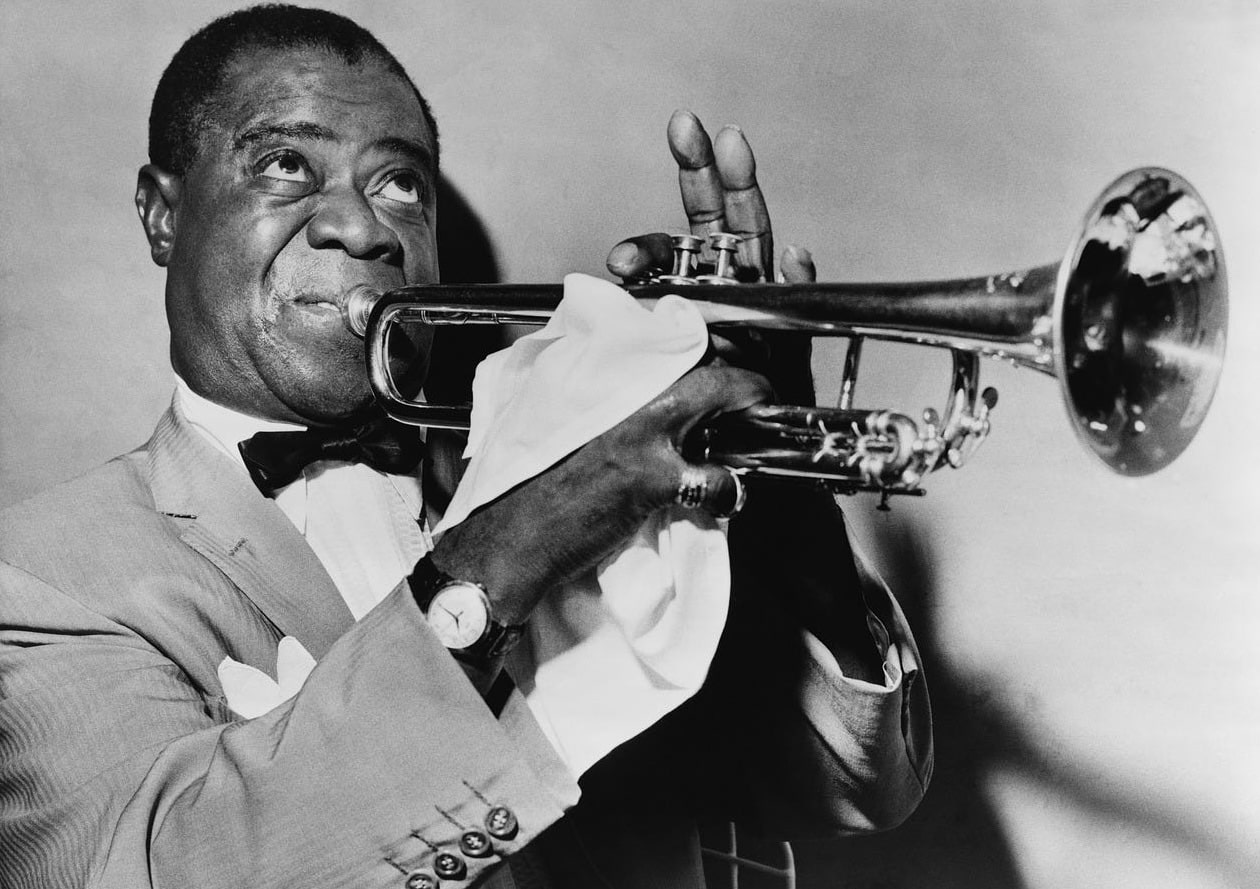
African American music has shaped the cultural landscape of the United States and the world. From the soulful rhythms of blues to the electrifying beats of hip-hop, this genre has left an indelible mark on countless musical styles. But how much do you really know about its rich history and influence? Did you know that jazz, a genre born from African American communities, revolutionized music in the 20th century? Or that gospel music, with its powerful messages and harmonies, has roots deeply embedded in the African American church experience? Let's dive into 25 fascinating facts that highlight the profound impact and legacy of African American music. Whether you're a music enthusiast or just curious, these insights will deepen your appreciation for this vibrant and influential genre.
Key Takeaways:
- African American music has a rich history, from spirituals to hip-hop, shaping global music. It reflects the struggles and emotions of African Americans, influencing various genres and periods.
- Jazz, gospel, R&B, and hip-hop have all been shaped by influential figures and continue to evolve, impacting music worldwide. Each genre has its own unique roots and contributions to the cultural landscape.
The Roots of African American Music
African American music has a rich history that spans centuries. From spirituals to jazz, this genre has profoundly influenced global music.
- Spirituals originated during slavery, blending African rhythms with Christian hymns.
- Work songs were sung by slaves to coordinate labor and express sorrow.
- The blues emerged in the Deep South, reflecting the struggles and emotions of African Americans.
- Ragtime became popular in the late 19th century, characterized by its syncopated rhythms.
- Jazz was born in New Orleans, combining elements of blues, ragtime, and brass band music.
The Evolution of Jazz
Jazz is one of the most influential genres in American music history. It has evolved through various styles and periods.
- Louis Armstrong revolutionized jazz with his virtuosic trumpet playing and charismatic stage presence.
- Duke Ellington was a pivotal figure in big band jazz, known for his sophisticated compositions.
- Bebop emerged in the 1940s, featuring fast tempos and complex chord progressions.
- Miles Davis played a key role in the development of cool jazz, modal jazz, and jazz fusion.
- John Coltrane pushed the boundaries of jazz with his innovative improvisations and spiritual explorations.
The Impact of Gospel Music
Gospel music has deep roots in African American culture and has significantly influenced other music genres.
- Thomas A. Dorsey is known as the father of gospel music, blending blues and jazz with religious themes.
- Mahalia Jackson became one of the most influential gospel singers, known for her powerful voice.
- The Fisk Jubilee Singers popularized spirituals and gospel music worldwide.
- Gospel quartets like The Soul Stirrers introduced complex harmonies and vocal techniques.
- Contemporary gospel artists like Kirk Franklin have modernized the genre, incorporating elements of hip-hop and R&B.
The Rise of Rhythm and Blues (R&B)
R&B has its roots in the blues but has evolved into a distinct genre with a wide range of styles.
- Ray Charles pioneered the soul genre, blending R&B with gospel and blues.
- Motown Records played a crucial role in popularizing R&B, producing hits for artists like Marvin Gaye and The Supremes.
- Aretha Franklin, known as the Queen of Soul, brought gospel intensity to R&B music.
- James Brown introduced funk, a genre characterized by its rhythmic groove and danceable beats.
- Contemporary R&B artists like Beyoncé and Usher continue to innovate and shape the genre.
The Influence of Hip-Hop
Hip-hop emerged in the 1970s and has since become a global cultural phenomenon.
- DJ Kool Herc is credited with originating hip-hop in the Bronx, using turntables to create breakbeats.
- Grandmaster Flash and the Furious Five were pioneers in hip-hop, known for their socially conscious lyrics.
- Run-D.M.C. brought hip-hop to mainstream audiences with their crossover hits.
- Tupac Shakur and The Notorious B.I.G. are considered two of the greatest rappers, known for their storytelling and lyrical prowess.
- Kendrick Lamar has received critical acclaim for his innovative music and thought-provoking lyrics, continuing to push the boundaries of hip-hop.
The Legacy of African American Music
African American music has shaped the world in countless ways. From jazz to hip-hop, these genres have influenced global culture, fashion, and even social movements. Icons like Louis Armstrong, Aretha Franklin, and Tupac Shakur have left indelible marks on music history. Their contributions go beyond entertainment, offering powerful reflections on the African American experience. Understanding this rich legacy helps us appreciate the depth and diversity of American music. It’s not just about the beats or the lyrics; it’s about the stories, struggles, and triumphs that these artists convey. As we listen to their songs, we connect with a history that’s both profound and inspiring. So next time you hear a jazz riff or a rap verse, remember the incredible journey behind it. African American music isn’t just a genre; it’s a testament to resilience and creativity.
Frequently Asked Questions
Was this page helpful?
Our commitment to delivering trustworthy and engaging content is at the heart of what we do. Each fact on our site is contributed by real users like you, bringing a wealth of diverse insights and information. To ensure the highest standards of accuracy and reliability, our dedicated editors meticulously review each submission. This process guarantees that the facts we share are not only fascinating but also credible. Trust in our commitment to quality and authenticity as you explore and learn with us.
